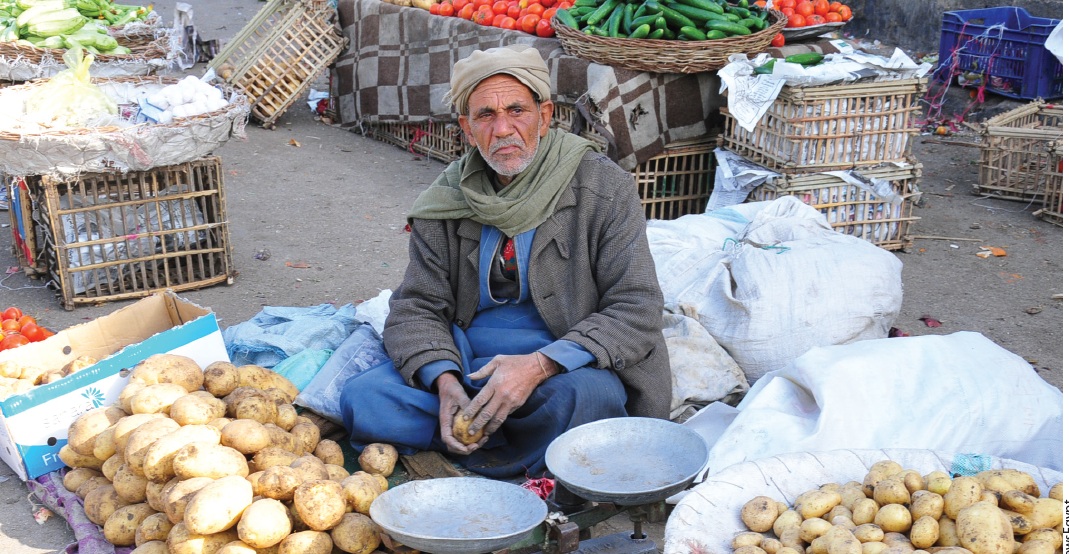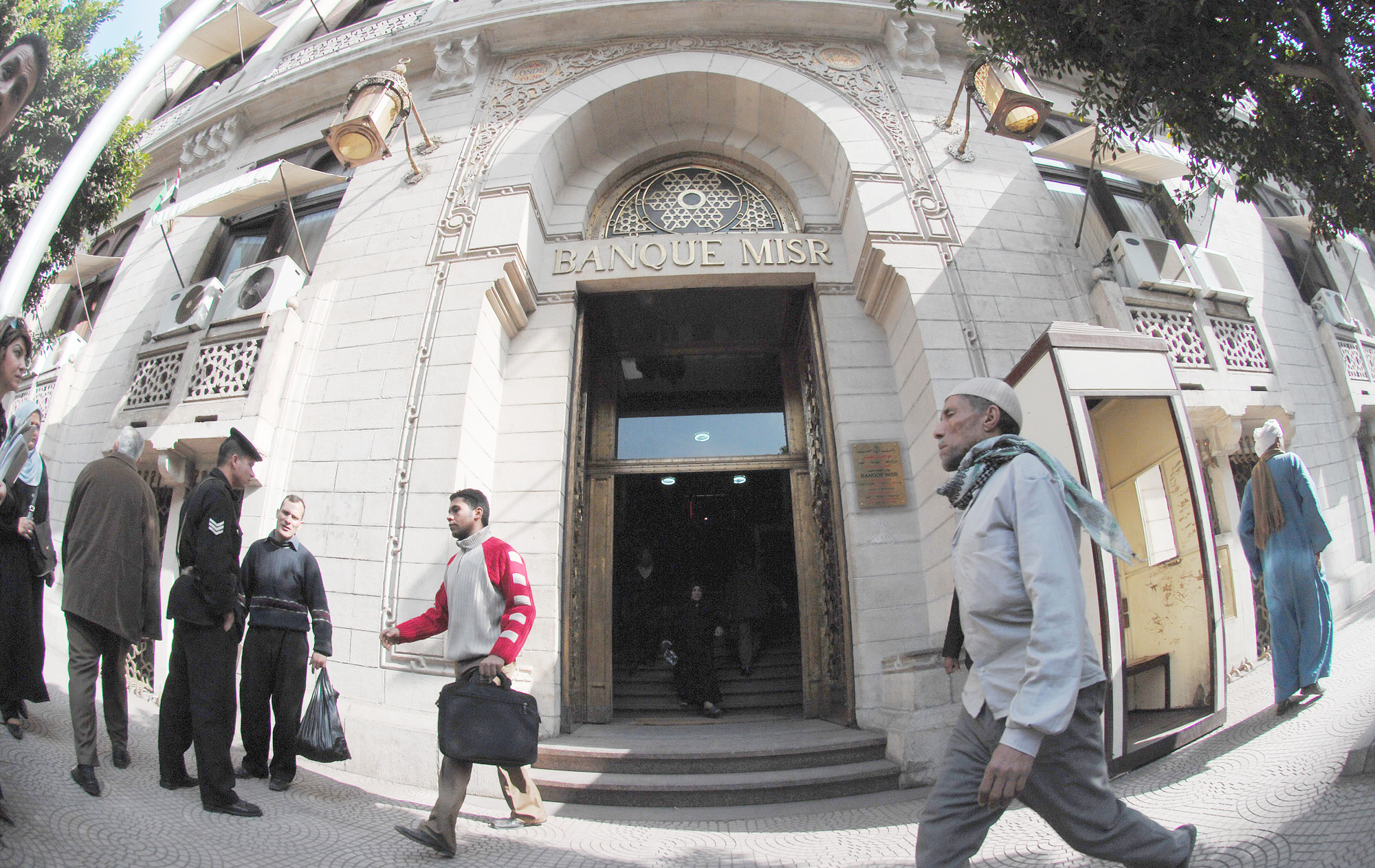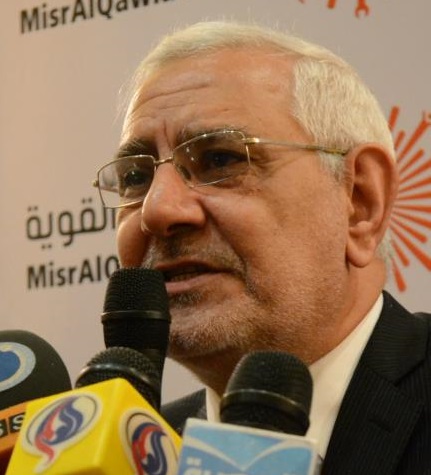Poverty in Egypt will increase throughout the year, as the government did not use the incoming foreign currency to create jobs, according to Aliaa Mamdouh, a former economist at CI Capital Investment Bank.
The current economic and social conditions in Egypt are projected to increase the poverty rate in the coming years. The government appears uninterested in controlling this at the moment. In fact, government policies have increased poverty.
Mamdouh stated that the inflation rate is higher than ever, and that Egypt’s annual growth is falling below the government’s target, which will result in a higher unemployment rate.
She believes that the poverty rate will only decrease once the government works on increasing the income of citizens and the rate of investment, which currently does not exceed 14%.
“Unfortunately, the government did not use the recent influx of foreign currencies to create investments and jobs, that’s why I’m worried that the government might misuse the International Monetary Fund’s (IMF) loan”, Mamdouh explained.
She said that using the loan to finance the budget or trade balance deficit would be a great loss that might affect future loan payments.
Last month, the government had announced it was holding talks with the IMF in Cairo over a loan to help finance Egypt’s economic reform programme. The country is seeking $12bn over three years. The IMF has welcomed the chance to cooperate with Egypt and provide financial support.
Mamdouh believes that the government’s economic reform programme is unclear, which may lead to negative results.
A clear plan by the government with effective solutions must be announced to find a way to fix the poor economic conditions. The number of citizens falling under the poverty line increases annually.
Mamdouh noted that the government should apply programmes that aim to improve the standard of living and the economic conditions of underserved areas in Egypt by upgrading the basic social and economic infrastructure and developing the skills of residents in those areas through equitable development. This can be achieved through partnerships between the public and private sector and the community.
The future for the poor seems bleak, she added. Mamdouh emphasised that the government will apply more austerity measures due to the financial crisis, leaving a grim outlook for the poorer segments of society.
She said that the government must work hard to meet the expected targets in annual gross domestic product growth and to create jobs for the unemployed if it really wants eliminate poverty─but it seems like that is not going to happen, Mamdouh concluded.




